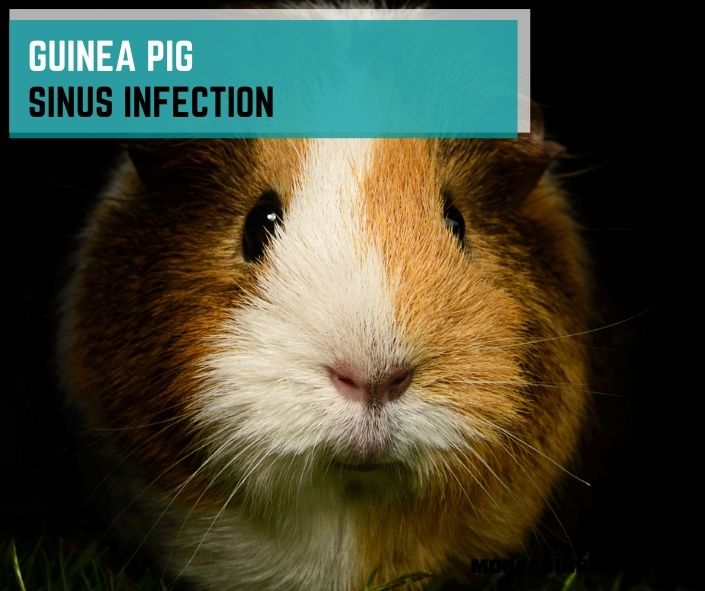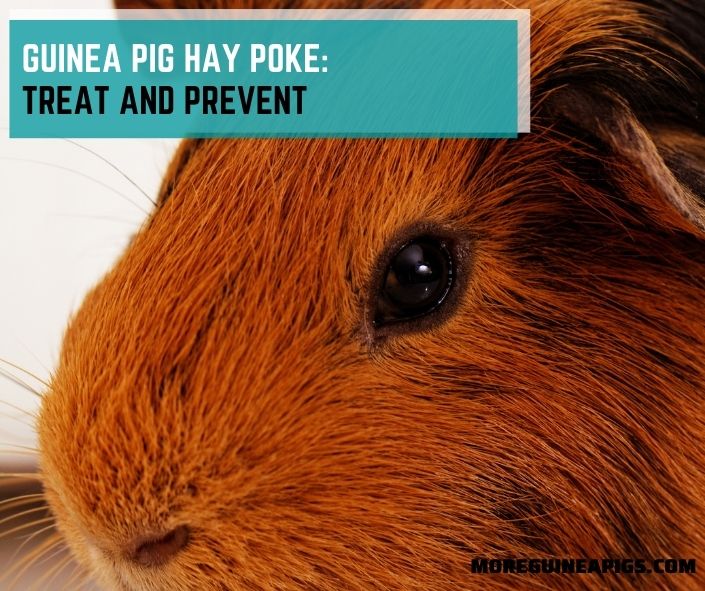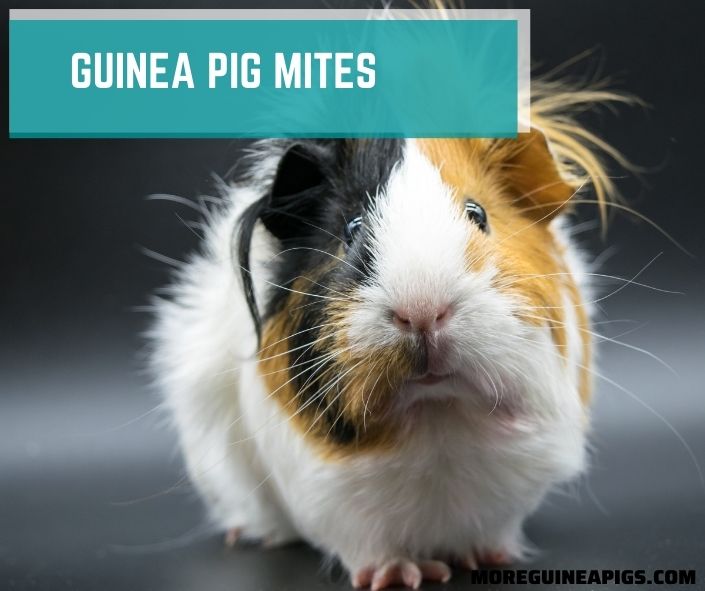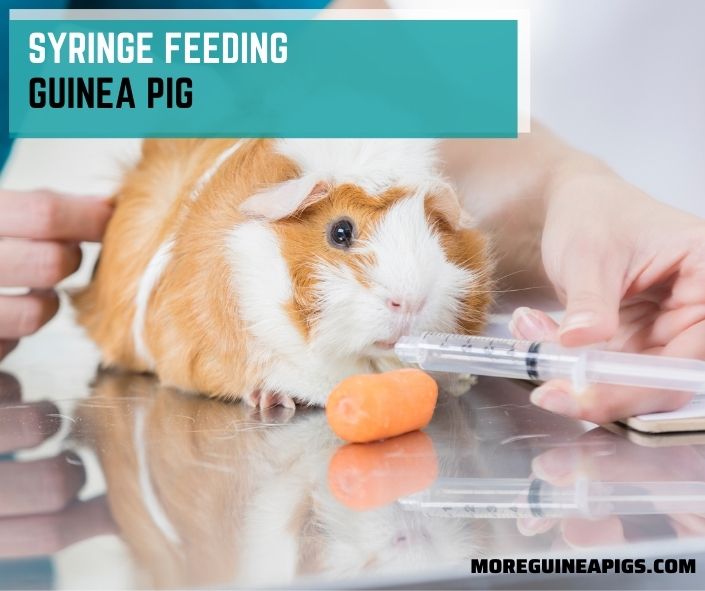Guinea Pig Sinus Infection: Signs, Cause and How to Treat
Guinea pigs make excellent pets, but because they are prey animals, they have a tendency to hide when they are sick, and their health can deteriorate very quickly. This is especially true if they get a Sinus Infection.
It’s natural for you to be worried as a pet owner, especially if your Guinea Pig shows unusual behavior, such as excessive coughing and sneezing.
If you want to know why your pet is behaving in this way, what the indicators are, and how to fix the problem, you need to learn more about your pet’s condition so your pet won’t have to suffer anymore in the future!
Wondering what to do in the case of guinea pig sinus infection? Keep reading to find out the answers to your questions!
Guinea Pig Sinus Infection: Signs, Cause and How to Treat
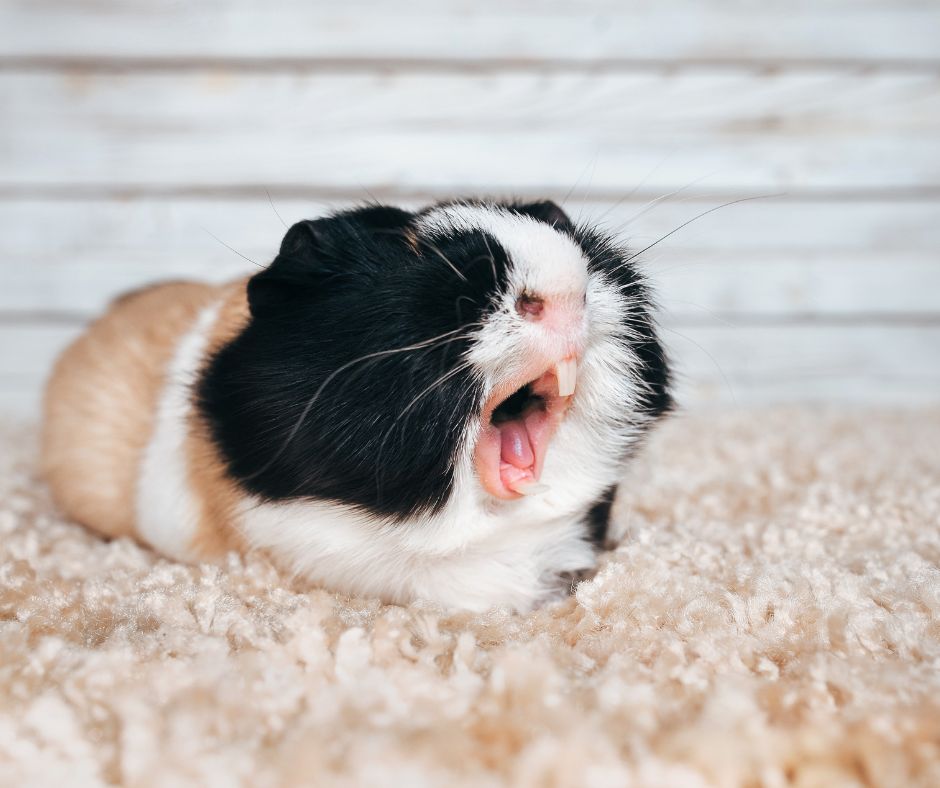
Sinusitis is a broad term that refers to inflammation of the sinuses (nasal cavity).
This illness can mimic the symptoms of a respiratory tract infection. Sinus infections in Guinea Pigs are caused by dental problems, allergies, or the development of a bacterial infection.
Antibiotics must be given for several weeks to treat this infection, depending on the seriousness of the disease and, of course, the veterinarian’s prescription.
You’ve probably observed that your pig enjoys consuming a large amount of food. Guinea pigs are grazers, and if they stop eating or drinking, it is a cause for concern and could signal that they have a Sinus Infection.
Symptoms of respiratory illness include fatigue, shortness of breath, sneezing, coughing, nasal or eye discharge, loss of weight, and hair loss. Some of these symptoms are comparable to scurvy, caused by a lack of vitamin C in the diet.
If you see signs of disease in your pet, you should take them to the veterinarian as soon as possible.
Cause of Sinus Infection in Guinea Pig
The most common cause of sinusitis is either a bacterial infection, which may or may not be linked to other parts of the respiratory tract, or a cold or flu. It could be because you have an allergy to something in your guinea pig’s home.
Infection in the roots of the teeth can also be the cause, but this isn’t usually a problem in the nose. It can also spread from one guinea pig to another by aerosols (airborne) or sexual contact.
It can make guinea pigs have weak lungs if they sleep on bedding that isn’t safe, like cedar. Afterward, a draft from an open window or wet hair can be one factor that starts the infection.
Finally, there are situations when respiratory infections appear for no apparent reason. Harmful germs can hide beneath the surface and choose the most inconvenient periods to produce problems.
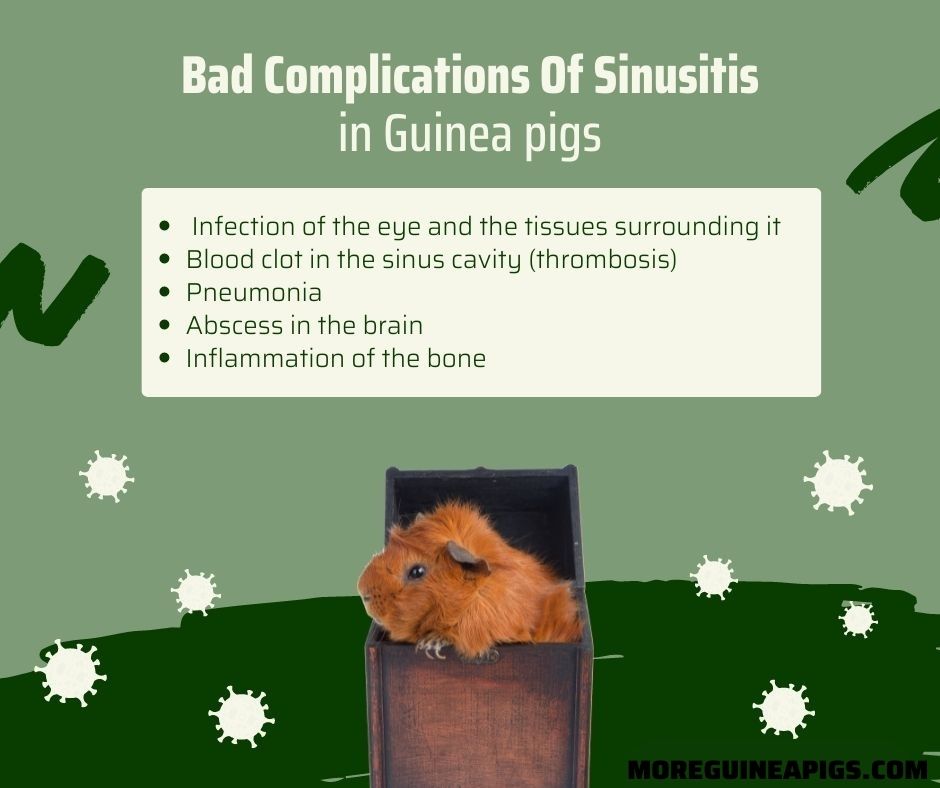
Bad Complications Of Sinusitis
The following are some of the complications of a Sinus Infection:
● Infection of the eye and the tissues surrounding it
● Blood clot in the sinus cavity (thrombosis)
● Pneumonia
● Abscess in the brain
● Inflammation of the bone
How Do Your Vet Diagnose Sinus Infection
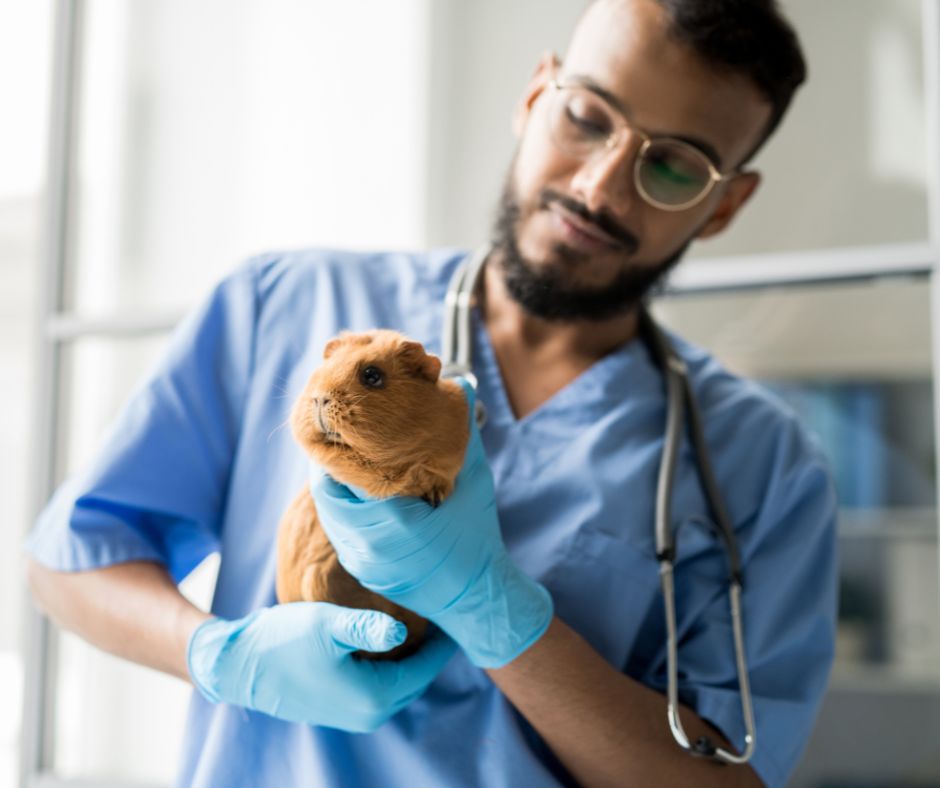
If your guinea pig exhibits any of the signs said above, you should take them to your veterinarian for an examination. During the checkup, your veterinarian will listen to the guinea pig’s chest and nose with a stethoscope to ensure everything is okay.
Depending on the signs your guinea pig is exhibiting, your veterinarian may recommend imaging to determine whether or not your guinea pig is suffering from a lung illness or dental disease.
This may include x-rays or a CT scan of the chest, upper airways, and nose to examine the internal organs.
If your veterinarian suspects a respiratory tract infection, they may also take a swab from the nasal cavity to culture. This will allow them to select the most effective medication against the infection.
If there is no evidence of an infection, the cause may be attributed to an allergy, which is rare.
How to Treat Sinus Infection in Guinea Pig
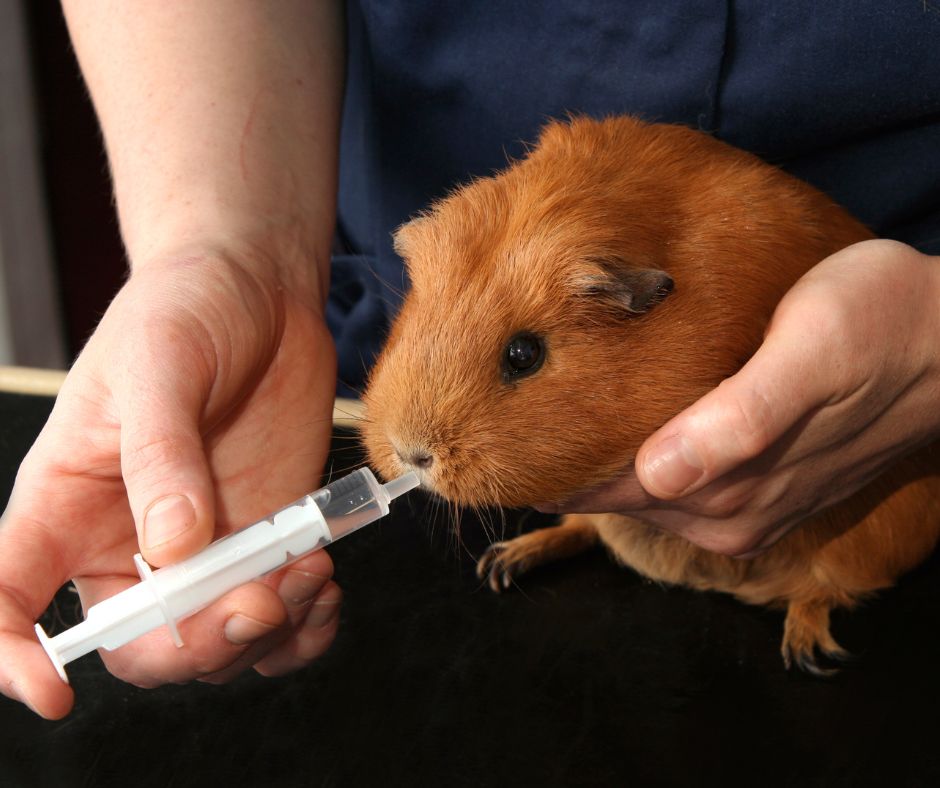
If it is determined that a bacterial infection causes your guinea pig’s sinusitis, your guinea pig will be placed on an antibiotic regimen to treat the infection.
Given that guinea pigs can be sensitive to the effects of antibiotics, you should only give your pet the medication your veterinarian has prescribed, Non steroidal anti-inflammatories are often issued too.
Even if the symptoms improve, it is critical to provide the correct dose at the proper time for the appropriate length of time to reduce the likelihood of antibiotic resistance developing.
It is expected that the infection will be severe and that treatment will take many weeks. For example, if dental disease is the problem, your veterinarian may need to perform corrective dental burring.
If the incisor teeth are the teeth causing the difficulty, these teeth may need to be removed in some situations. Depending on whether an allergy is suspected, you may need to alter the bedding or hay you are using because this may be what your guinea pig is reacting to.
Oxbow Animal Health Western Timothy Hay
Tips to Avoid Sinus Infection in Guinea Pig
It is essential to maintain your guinea pigs’ sleeping areas clean to avoid the danger of bacterial infection. Every week, use a pet-friendly disinfectant to wipe clean the cage and ensure that the area is well ventilated.
To ensure that no new guinea pigs are infected with a respiratory ailment like nasal discharge, sneezing, or noisy breathing, you should quarantine them for a few weeks before introducing them to an existing group.
Avoid using plug-in air fresheners, sprays, or aerosols around your guinea pig and useless dusty bedding or hay to avoid triggering any allergies in your pet.
Avoid wood shavings as substrate because of their irritating qualities. Hay/grass is a crucial part of your guinea pig’s diet and also helps to wear down their constantly growing teeth, so make sure your pet has plenty of it.
OASIS #80254 Vita Drops-Pure C for Guinea Pig, 2-Ounce
Wrapping Up
So, in conclusion, It is only by reacting to antibiotic treatment and therapy that particular guinea pigs’ runny noses will become entirely clear and free of Sinus infection.
While others may experience intermittent infections throughout their lives, others may relapse and become ill again as soon as the drug is stopped being administered.
Chronic infections can be highly frustrating for everyone involved, including the owner, the veterinarian, and the guinea pig itself, because they may now necessitate lifelong rehabilitation and treatment.
A runny nose in a guinea pig should not be disregarded or taken for granted at any time. If you notice any of the symptoms above or are concerned there could be something wrong, it is essential to contact your veterinary practice to arrange a check-up for your guinea pig!
